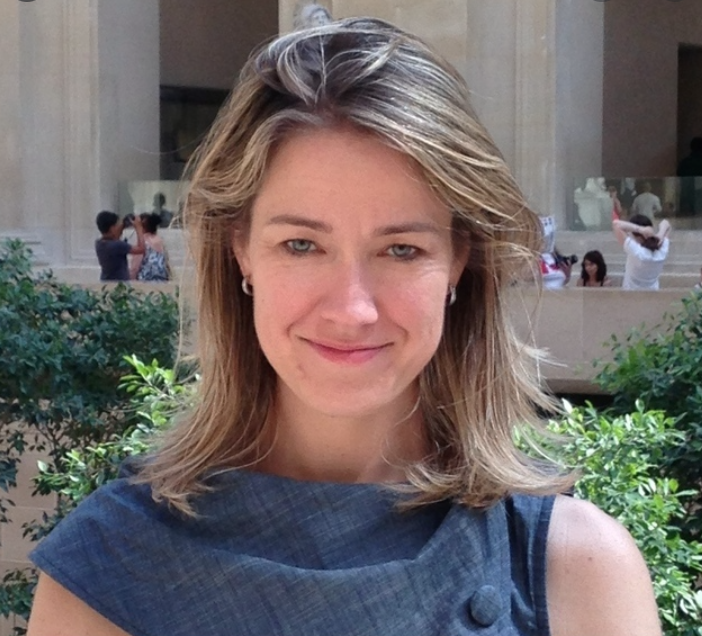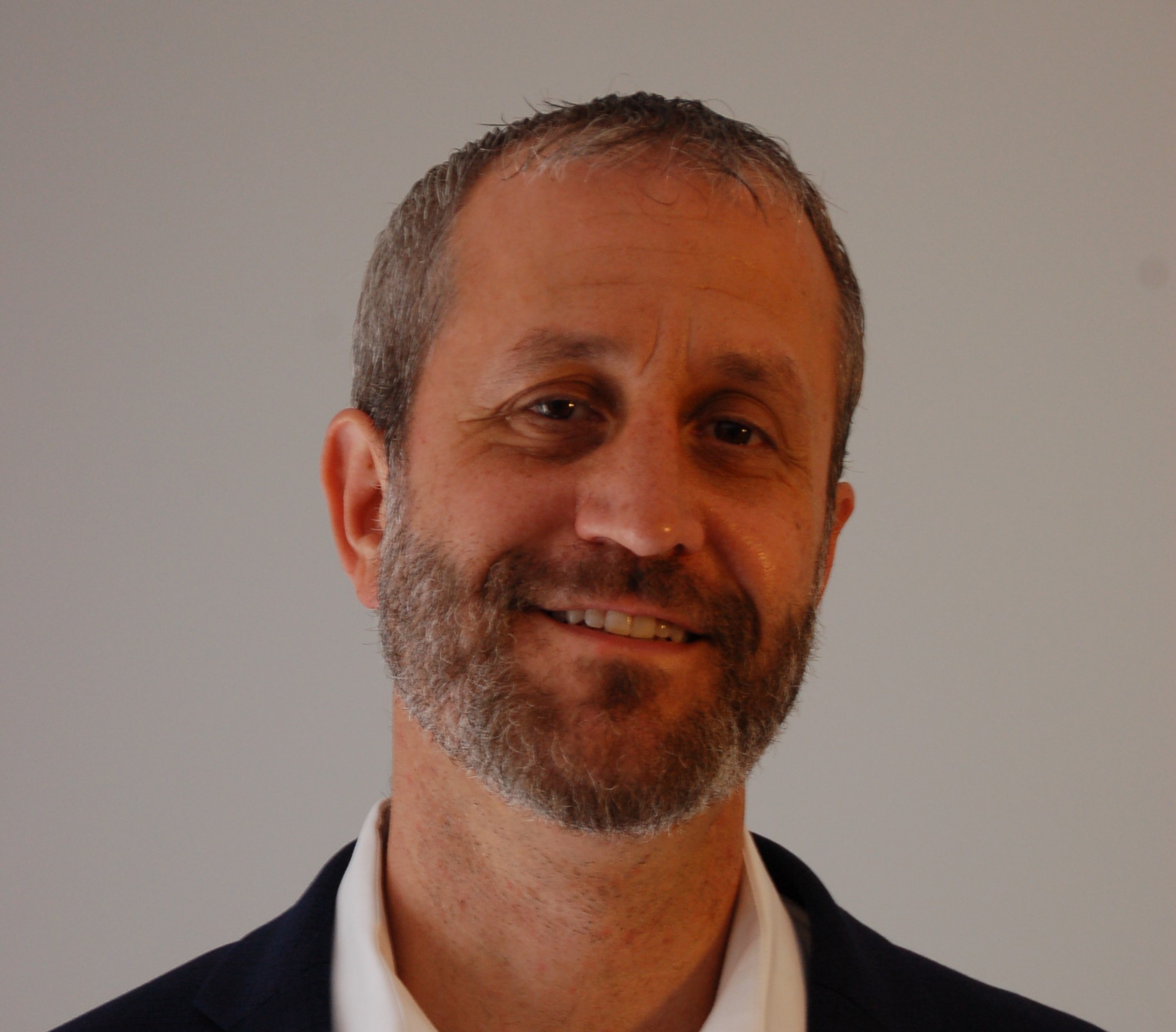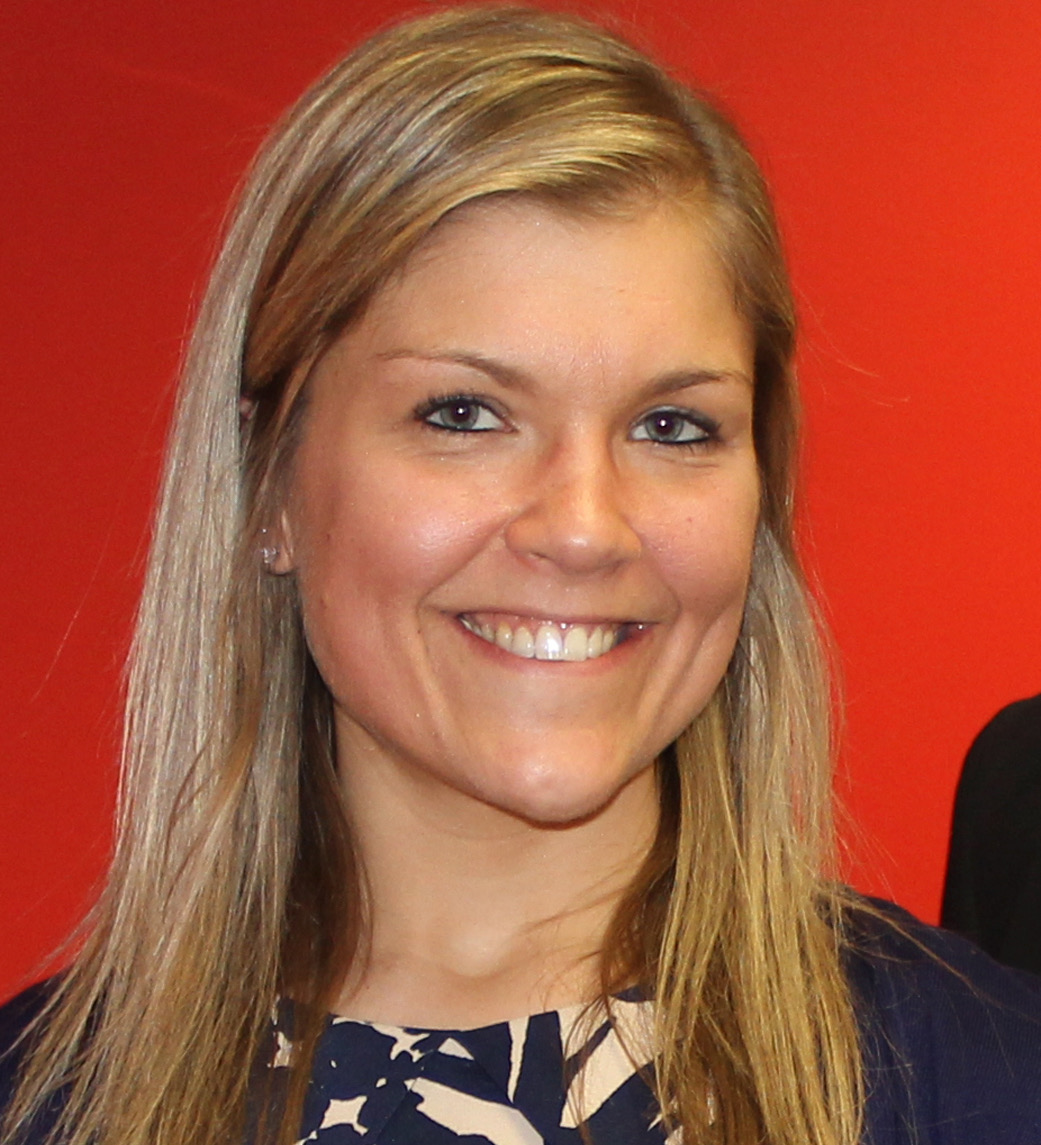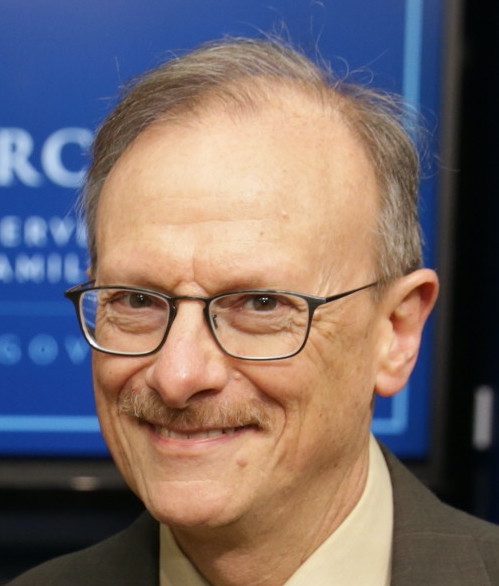
The challenge of preparing students for uncertain futures has never been more palpable in school administration. Rising levels of anxiety, depression, fears over climate change, gun violence, racial injustice and the rate of school refusal suggest that uncertain times are taking a toll on adolescents. School administrators can respond by leading the integration of research-based practices that blend academic content standards with social-emotional learning competencies and authentic concerns of students into classroom instruction.
Over a century ago, John Dewey gave us an enduring charge: “Education is not preparation for life. Education is life itself.” To foster learning that will prepare students to meet the test of life, school leaders can align with research-informed approaches to integrate problem and inquiry-driven learning that demands research, thoughtful communication, and collaboration, and blends in social awareness, relationship building and responsible decision making. Rutgers University’s Social Emotional Character Development Laboratory in Piscataway, New Jersey, is achieving such ends by partnering with local schools. Its Students Taking Action Together (STAT) instructional strategies provide a road map on how to fuse academic and social-emotional learning competencies to help students build the cognitive and emotional intelligence to think dynamically, critically, and develop resilience for an ever-changing world. Some may say that these learning outcomes aren’t feasible or they are mutually exclusive. STAT strategies show just how it is possible for teachers to achieve these learning outcomes in prepared lessons and modifiable templates focused on relevant issues and curricular topics.

To nurture such learning outcomes, students need to possess the skills of listening to opposing arguments without vilifying the opposition, develop perspective-taking, engage in vigorous collaborative problem-solving, evaluate their own thinking and solutions, analyze information with a critical lens, and increase empathy, understanding, and appreciation for dissenting views. STAT shows that these explicit skills are not mutually exclusive to current state curriculum standards. Two of STAT’s strategies, Respectful Debate and PLAN offer a road map on how to blend mandated academic content with social-emotional competencies.
Respectful Debate. In this strategy, teachers choose a contentious current event topic for students to research and debate. Students do not debate to win the argument, but to develop an understanding of nuances of the issue and appreciate the opposing side’s argument. By swapping sides, students pay close attention to the opposite side’s point of view. In addition, by paraphrasing the other side’s point of view and asking for affirmation that they’ve heard it accurately, students develop the listening, social awareness and communication skills required to attain understanding. Engaging these skills helps students recognize the complexity of an issue, thus feeding their perspective-taking skills, seeing an issue from multiple points of view.

PLAN. Tackling enduring and novel societal problems can be integrated into the current curriculum. Students work collaboratively to engage in a research-driven simulation, by developing an action plan to solve a school-based or current social issue or a problem of the past. Guided by their teachers, students identify the problem and describe it, and weigh evidenced-based options to yield a feasible and viable solution to the problem from the perspective of various stakeholders. As they proceed with the PLAN problem-solving strategy, the sustained collaboration, discernment and evaluation of information to craft an action plan builds historical empathy, promotes critical thinking about information, rehearses how to develop informed, responsible and ethical decisions as citizens, and reflects on how to improve the process when the action plan doesn’t meet its targeted goal.
Along with the three other strategies, Norms, Yes-No-Maybe, and Audience-Focused Communication, STAT guides teachers to foster learning experiences to prepare students for the realities of an-ever changing and unpredictable life. Preparing our students for constructive, committed, informed engagement in our democracy: this may just be the most important moral imperative facing school administrators today as they plan for and render decisions for the 2022-2023 school year and beyond. For more on the STAT strategies please visit the SECD Lab’s website: https://www.secdlab.org/about-stat

Laura Bond is a K-8 Curriculum supervisor in the Robbinsville Township School District, has served as an Assistant Principal at both the elementary and secondary levels and is a current Executive Board member of NJASCD.
Lauren Fullmer, Ed.D. is a Fifth Grade Teacher in Summit, NJ, Instructor for The Academy for Social-Emotional Learning in Schools, Adjunct Professor at St. Elizabeth University, and a Consulting Field Expert for the Rutgers Social-Emotional Character Development (SECD) Lab.
Maurice J. Elias, Ph.D. is Professor of Psychology, Rutgers University, Director, Rutgers Social-Emotional and Character Development Lab (www.SECDLab.org), and Co-Director, Academy for Social-Emotional Learning in Schools (SELinSchools.org, @SELinSchools)
Richard K Cohen is an Assistant Superintendent of Metuchen School District, Principal of Moss School, Co-Adjunct Faculty for Rutgers University and Coauthor of The Metacognitive Student: How to Teach Academic, Social and Emotional Intelligence In Every Content Area.
More from DA









